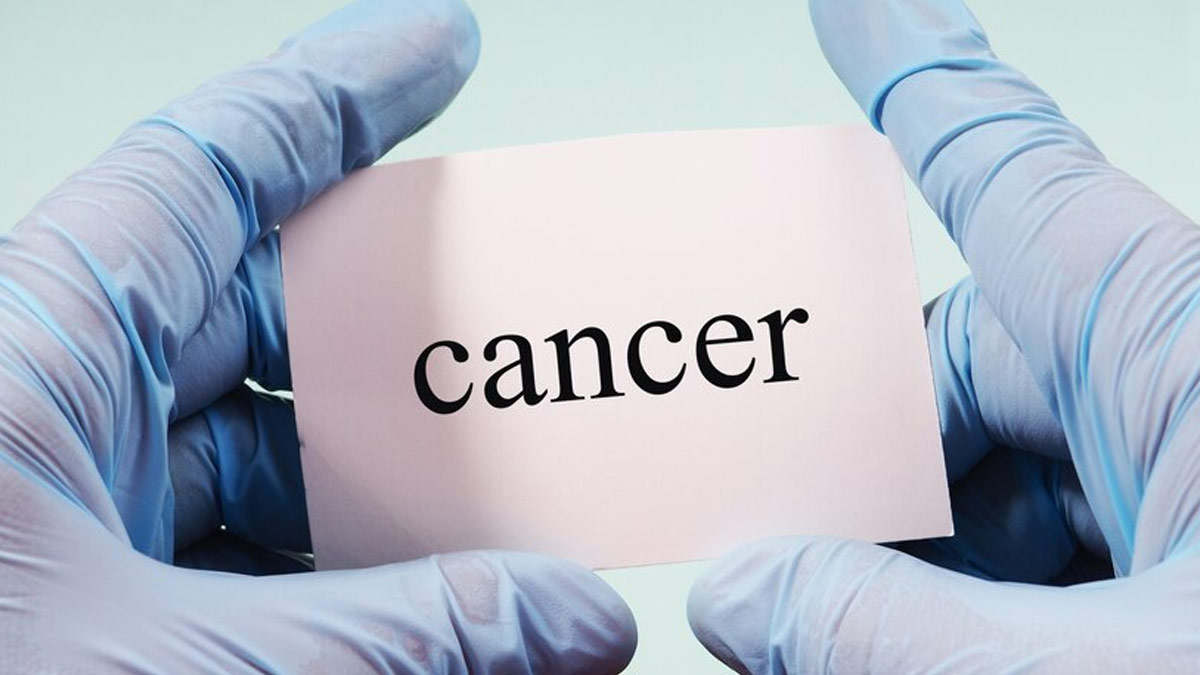
Breastfeeding is a natural and nurturing experience that offers numerous benefits for both mother and child. Beyond providing essential nutrition, breastfeeding has also been shown to have significant health implications, including a reduced risk of certain types of cancer.
Table of Content:-
To learn in detail we spoke to our expert Dr Lakshmi Devi, Consultant (OBG), Kinder hospital -Bangalore to what should be the top five questions you should ask your doctor about the link between breastfeeding and cancer risk. By understanding the evidence and discussing your specific circumstances with a healthcare professional, you can make informed decisions about breastfeeding and its potential benefits for your overall health.
1. Does breastfeeding reduce the risk of breast cancer?
"Yes, breastfeeding is associated with a decreased risk of breast cancer. Studies have shown that the longer a woman breastfeeds, the lower her risk of developing breast cancer," answered Dr Devi. This protective effect is believed to be due to several factors, including hormonal changes that occur during breastfeeding and the potential for breastfeeding to reduce the risk of obesity, a known risk factor for breast cancer.

2. What Is The Recommended Duration Of Breastfeeding For Cancer Risk Reduction?
"While any amount of breastfeeding can be beneficial, research suggests that breastfeeding for at least six months is particularly effective in reducing breast cancer risk," she added. For each additional year of breastfeeding, the risk of breast cancer decreases further. However, even shorter durations of breastfeeding can still provide some protection.
Also Read: WHO Certifies Egypt As Malaria-Free, Expert Tips To Avoid Malaria In Children
3. How Does Breastfeeding Help Reduce Cancer Risk In The Child?
"Breastfeeding helps protect children from obesity later in life. Obesity is a risk factor for several types of cancer, including breast cancer, suggests studies. By providing essential nutrients and promoting healthy growth, breastfeeding can contribute to a child's overall health and reduce their risk of developing cancer," Dr Devi shared. Additionally, breastfeeding can help regulate a child's appetite and insulin levels, which may also play a role in protecting against obesity and related health problems.

4. Can Women With A History Of Breast Cancer Breastfeed?
"Whether or not a woman with a history of breast cancer can safely breastfeed depends on several factors, including the type of cancer, the stage of the disease, and the specific treatments received. It's essential to discuss this with your doctor to determine if breastfeeding is a safe and appropriate option for you. In some cases, certain precautions may be necessary, such as avoiding breastfeeding from the affected breast or monitoring the breast for any changes."
Also Read: Cancer Staging: How Understanding the Stage of Cancer Affects Diagnosis and Treatment
5. Does Cancer Treatment Affect Breastfeeding?
The impact of cancer treatment on breastfeeding can vary. According to a study published in NCBI, while surgical treatment typically does not interfere with breastfeeding, chemotherapy can sometimes affect milk production or cause side effects that may make breastfeeding difficult. If you're undergoing cancer treatment, it's important to consult with your doctor to discuss the potential implications for breastfeeding. In some cases, it may be possible to continue breastfeeding with appropriate monitoring and support. Lastly, there are resources available to help women with cancer who wish to breastfeed, such as lactation consultants who specialise in supporting women with cancer.
Conclusion
If you're planning a doctor's visit and unsure about what to ask regarding breastfeeding and cancer, these questions can help you make informed decisions about breastfeeding and its potential benefits for both you and your child.
Also watch this video
Read Next
Breast Cancer Awareness Month: Expert Shares What To Do When You Feel A Lump In Your Breast
How we keep this article up to date:
We work with experts and keep a close eye on the latest in health and wellness. Whenever there is a new research or helpful information, we update our articles with accurate and useful advice.
Current Version